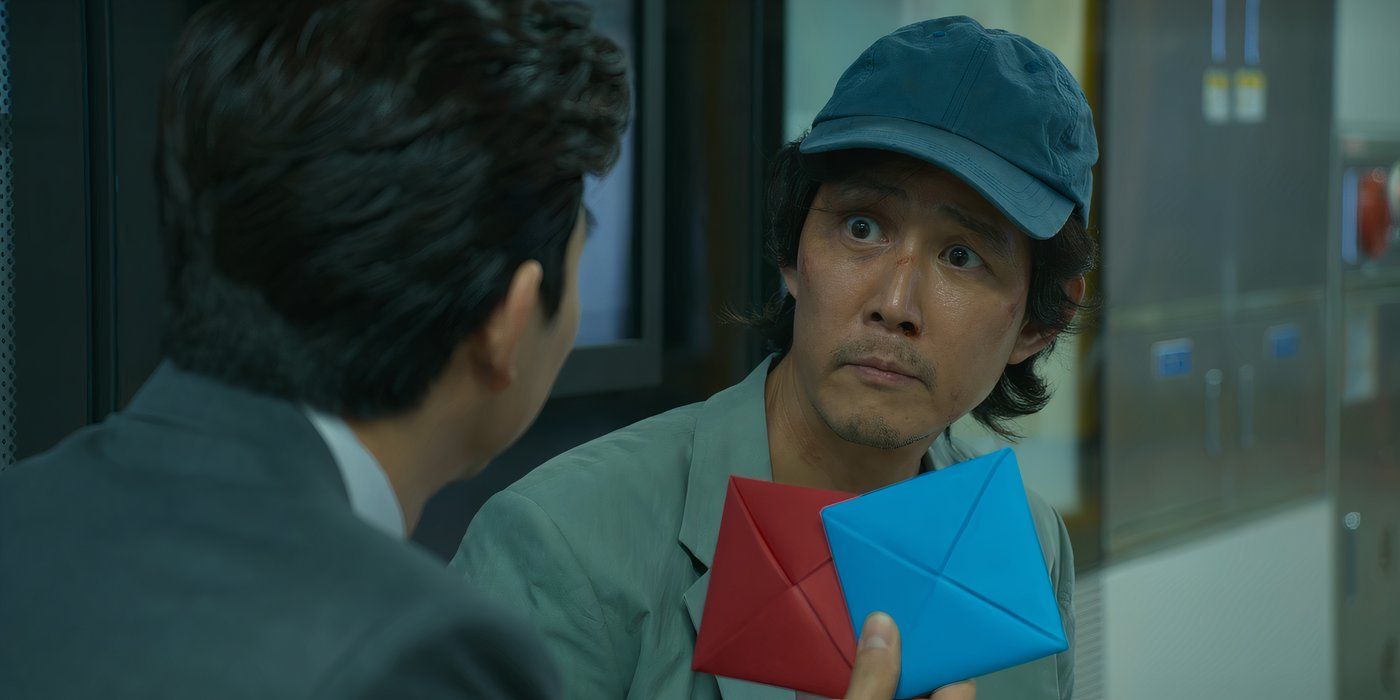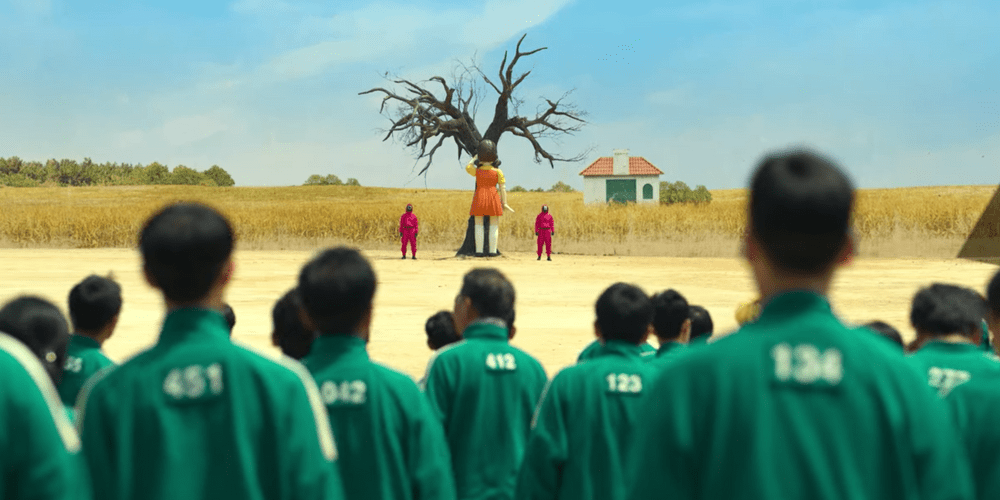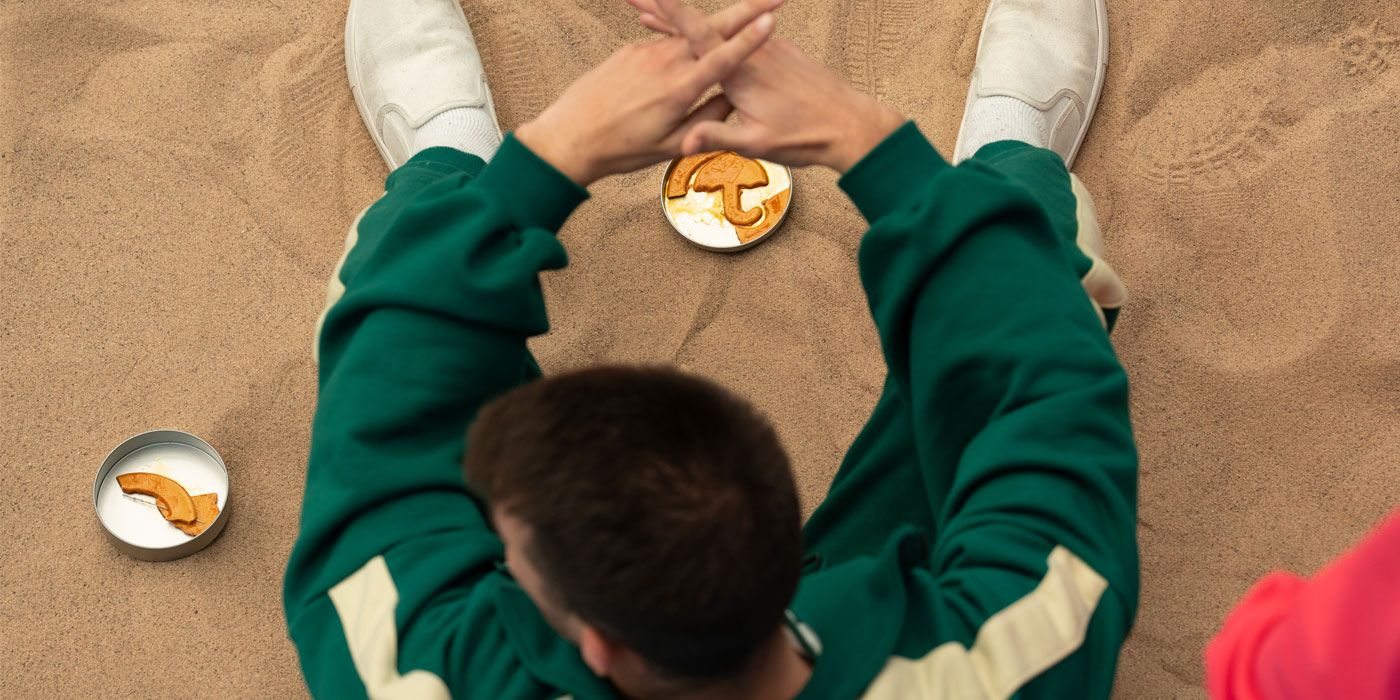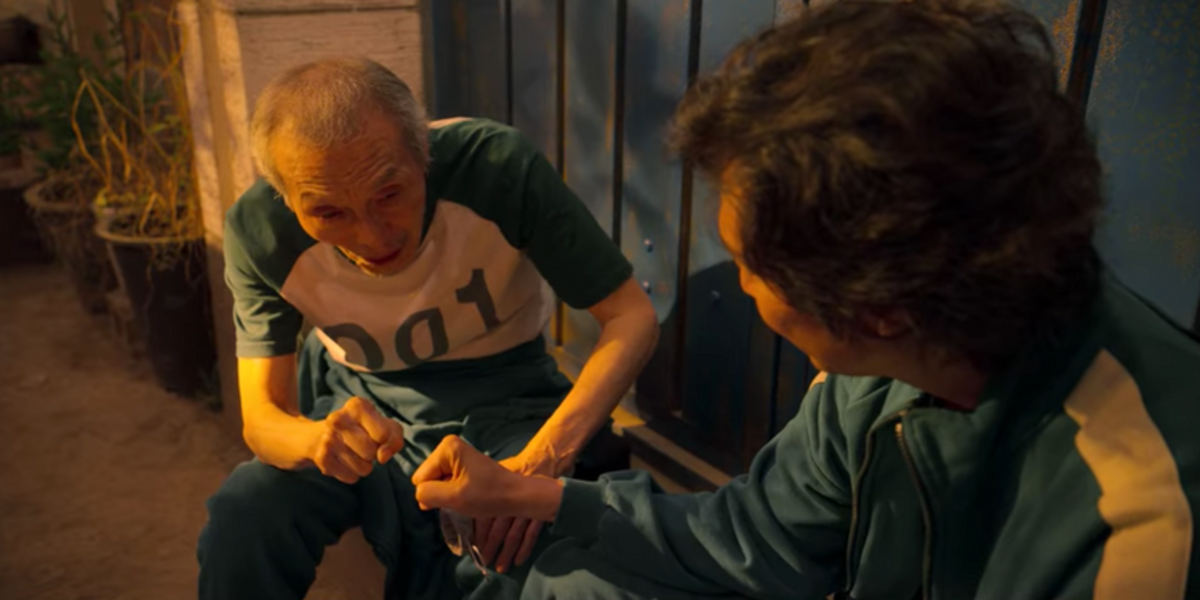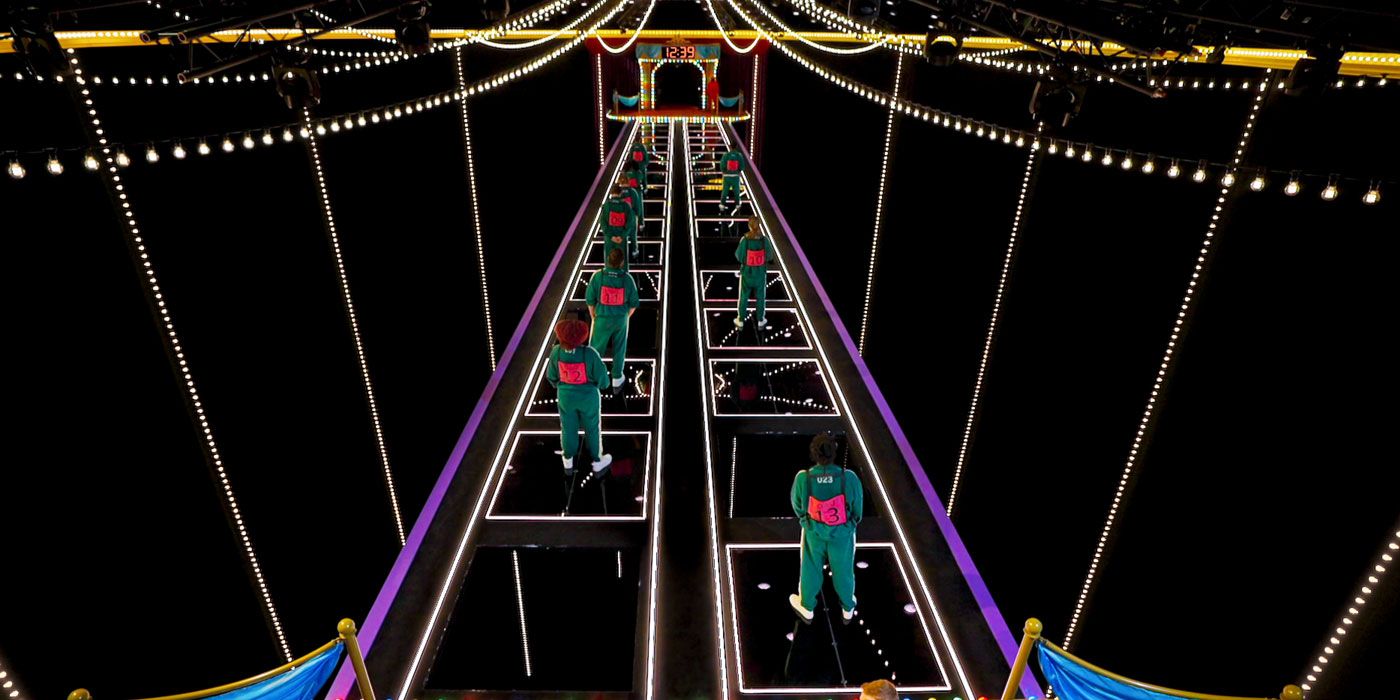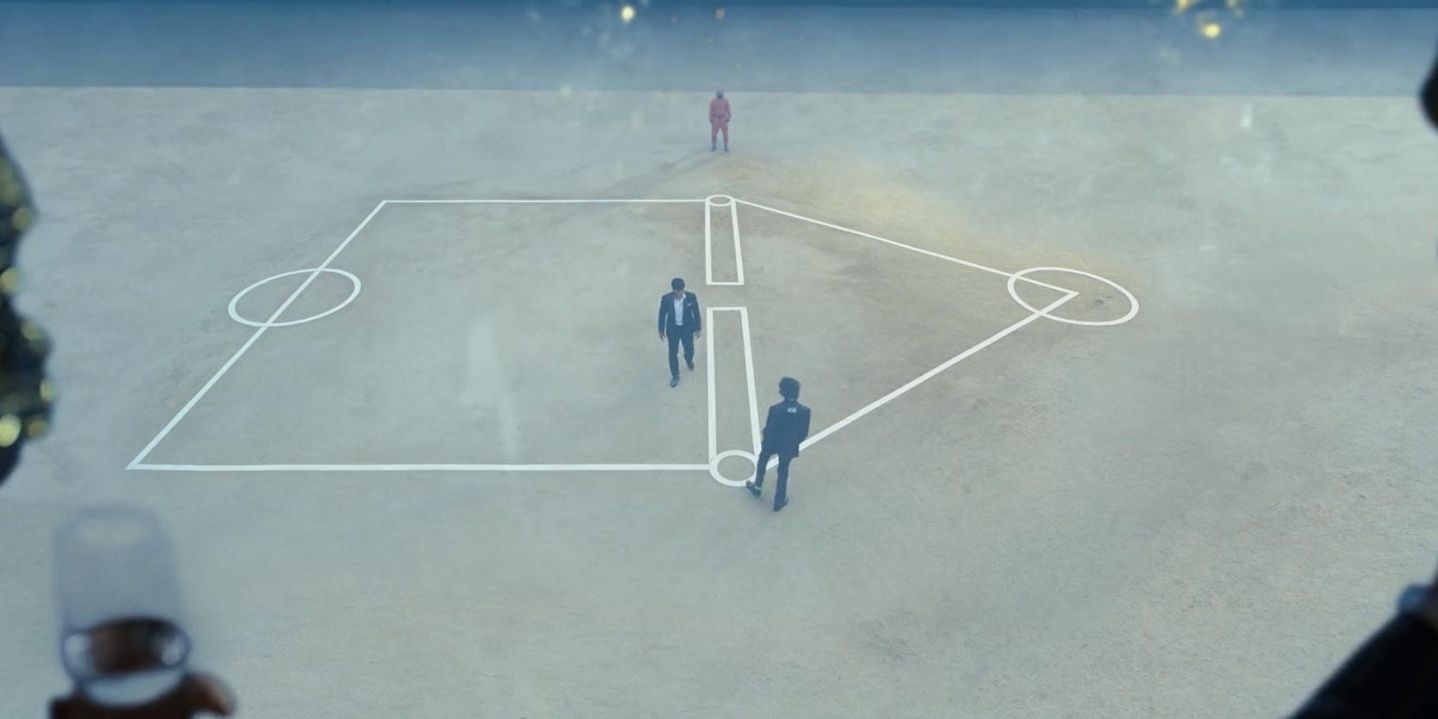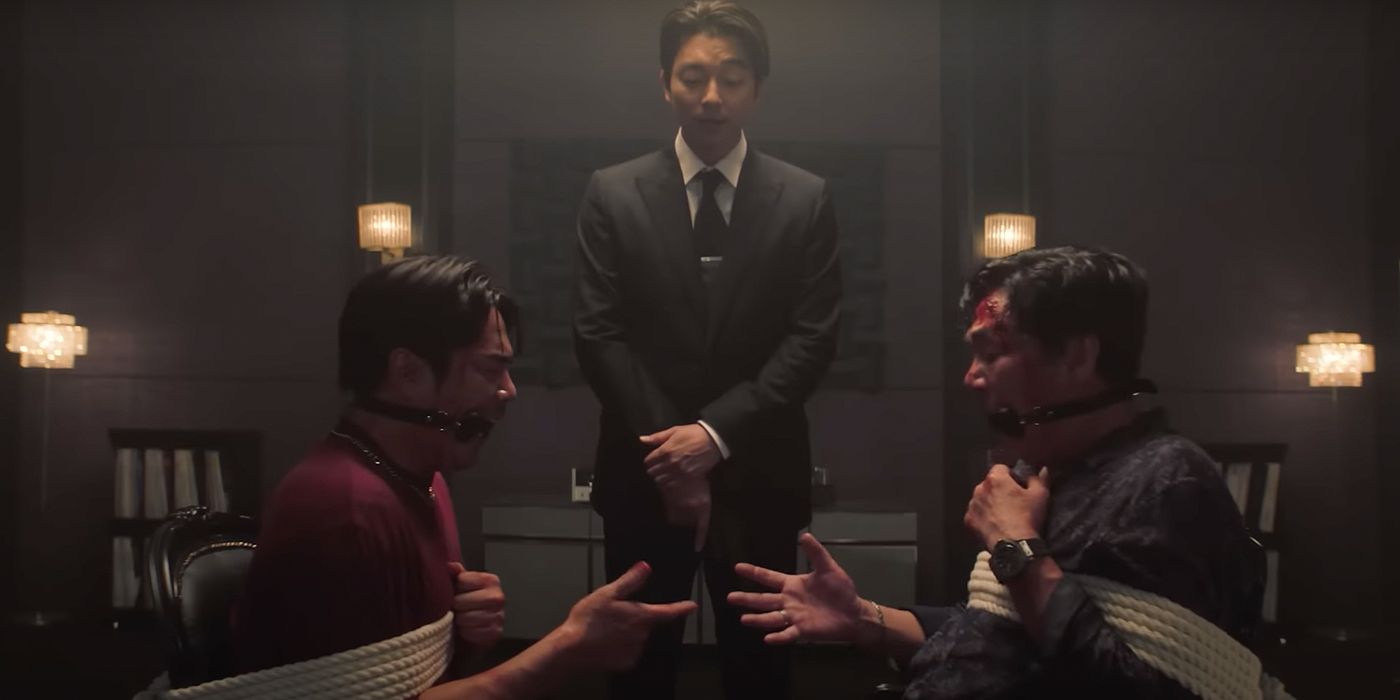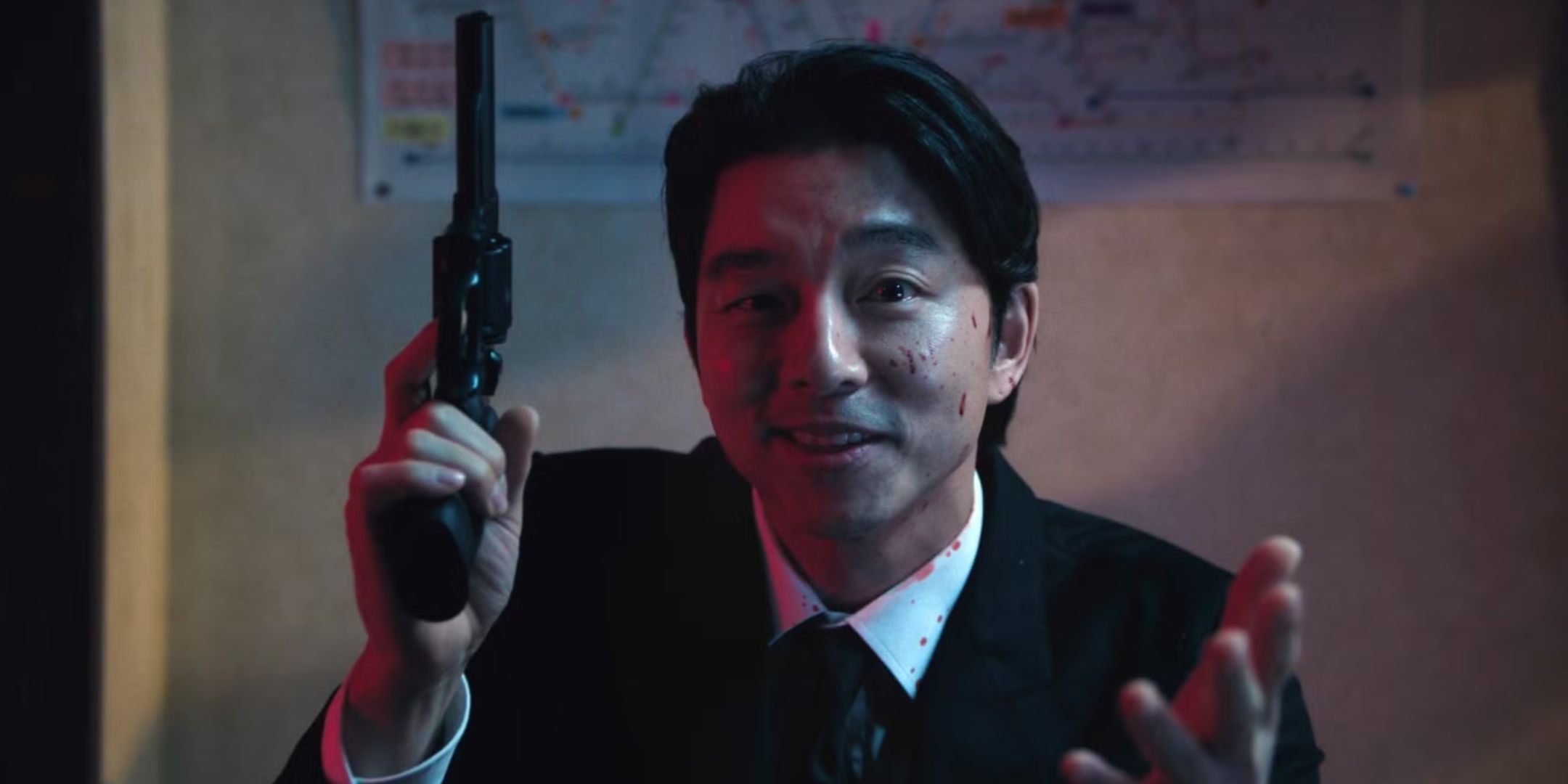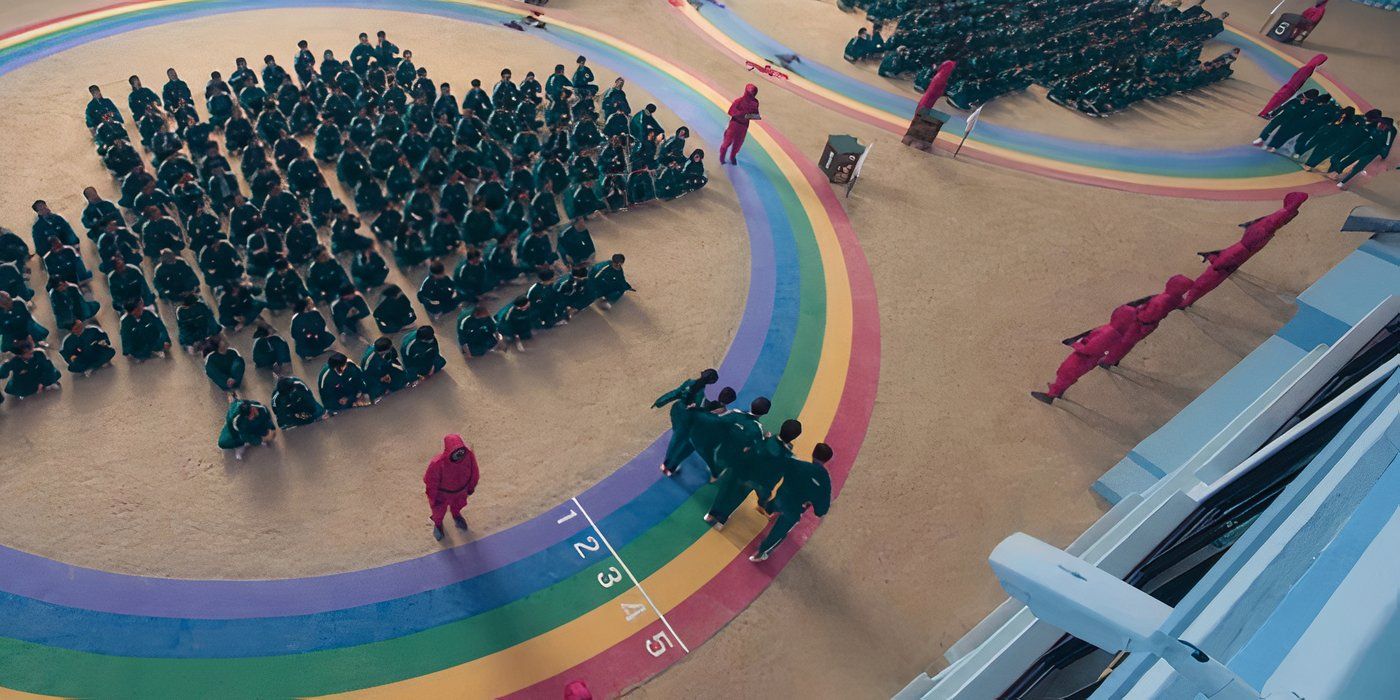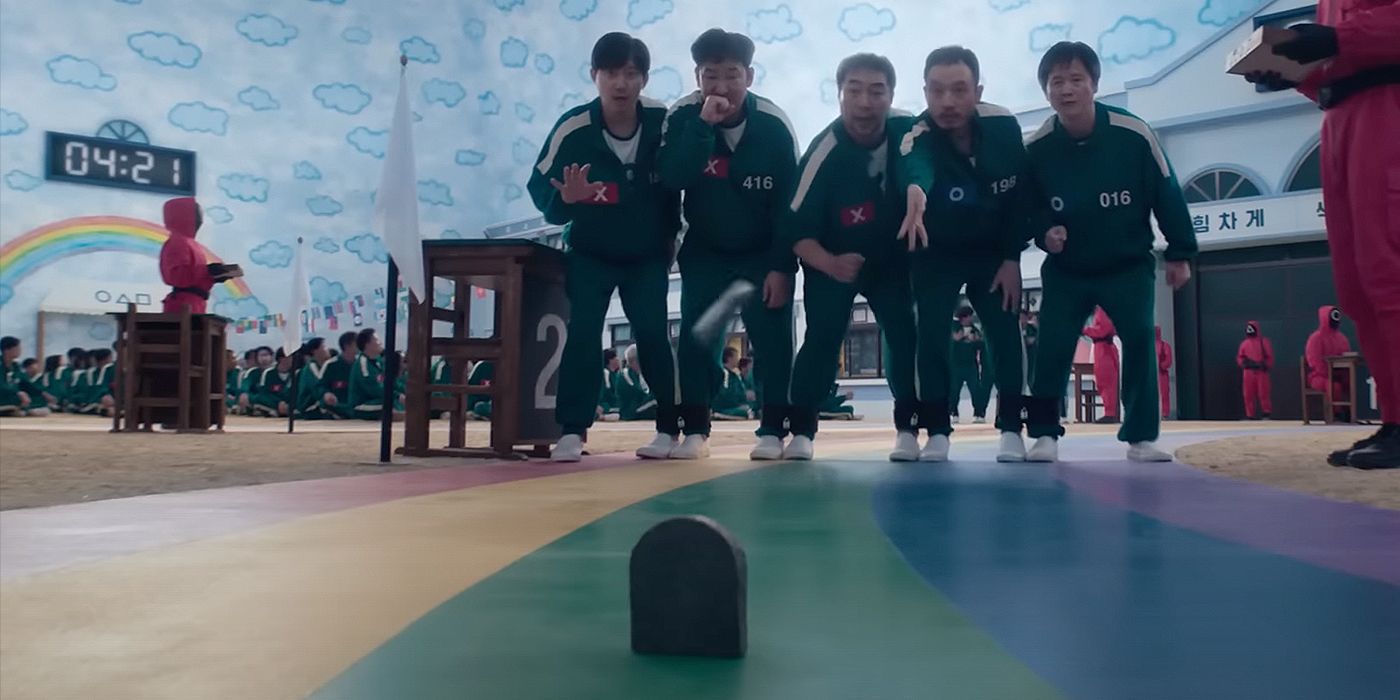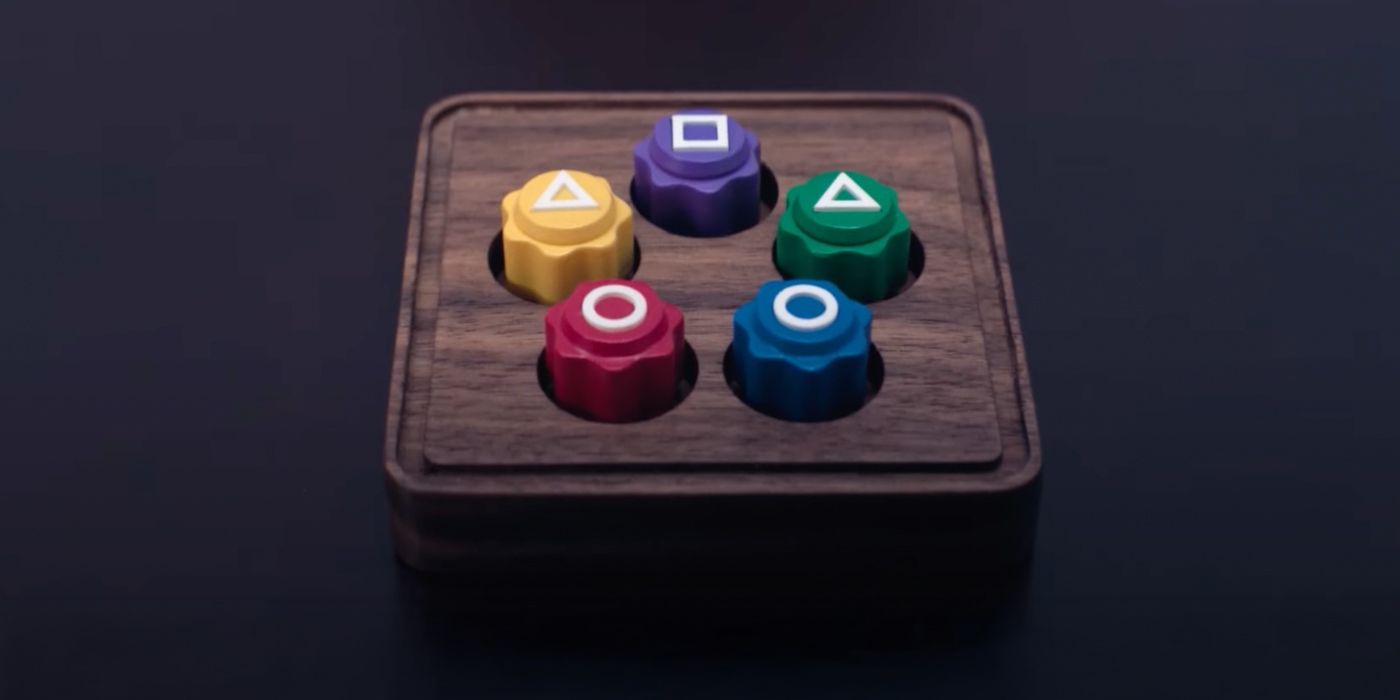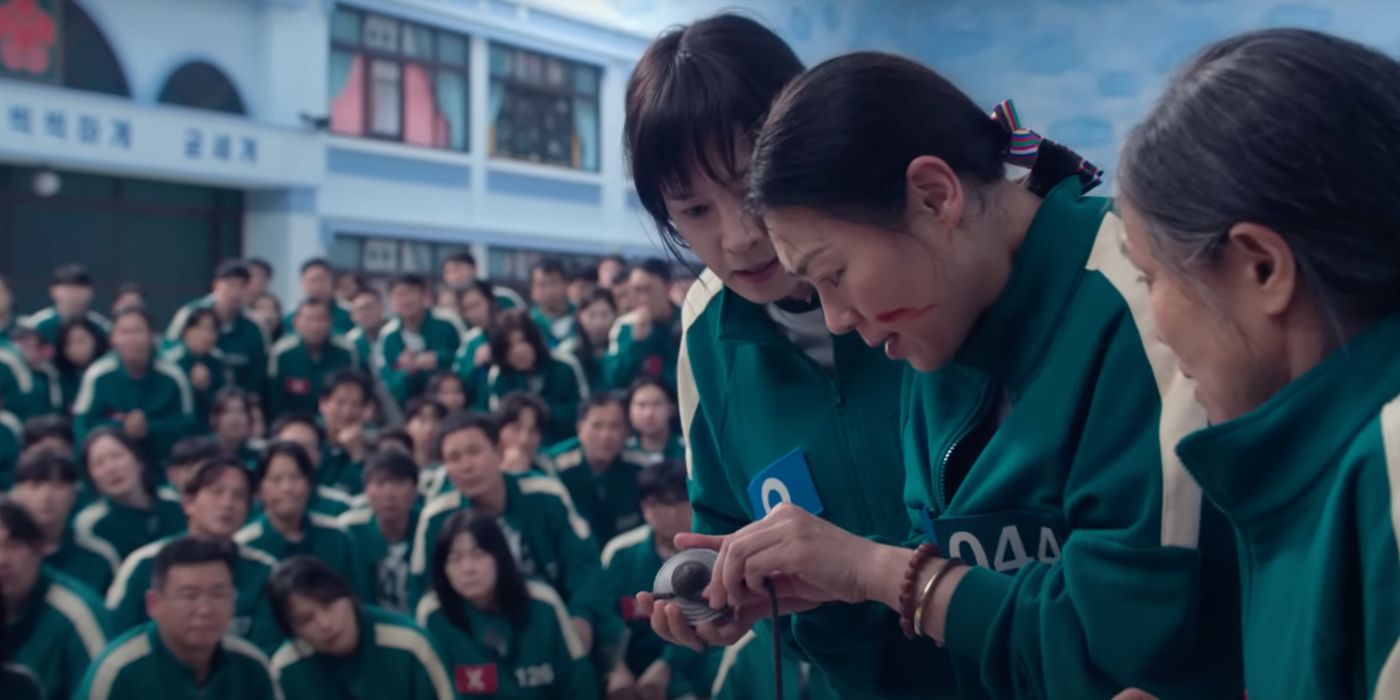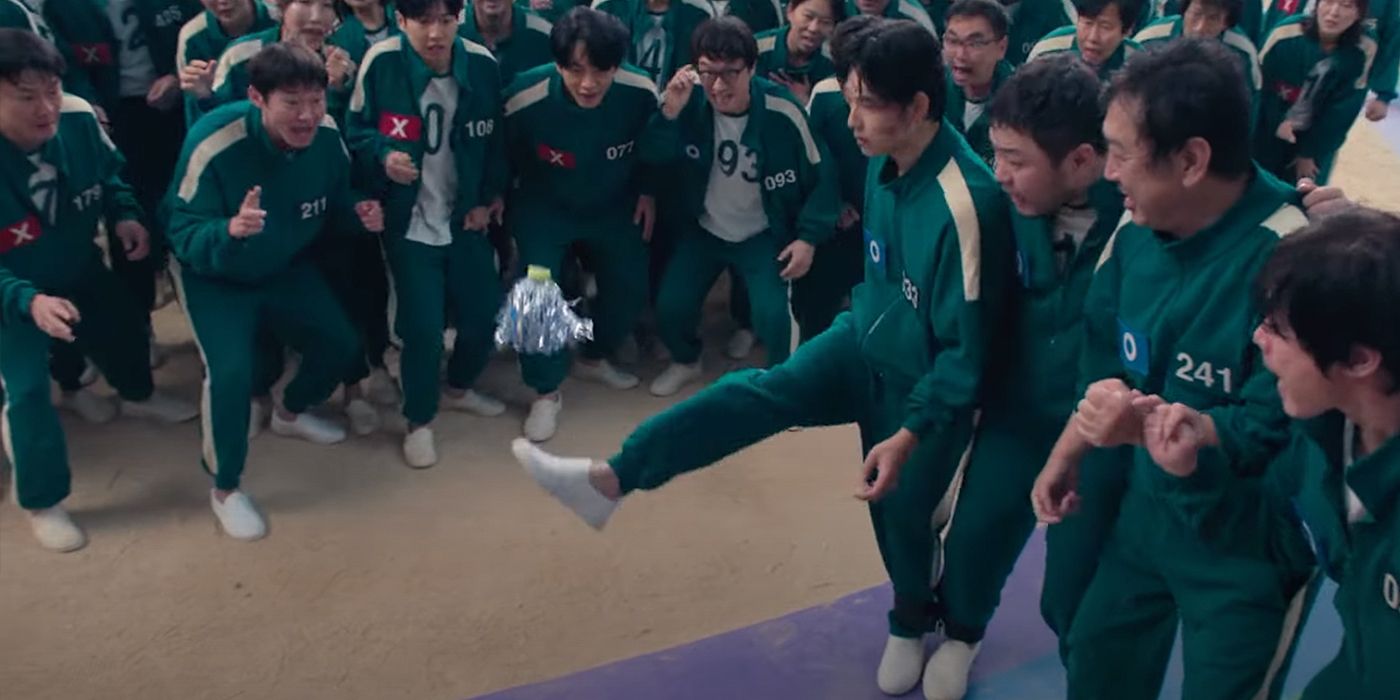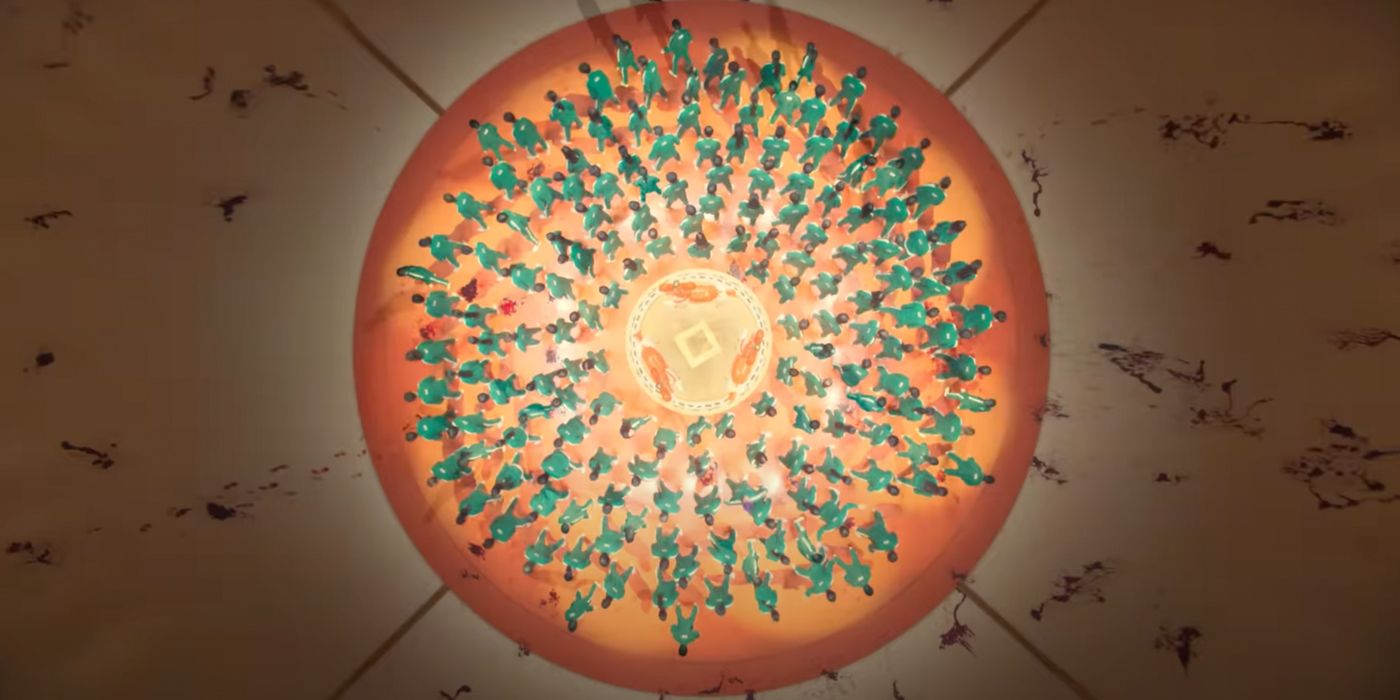The buzz from Season 2 of Squid Game has yet to die down. With Season 3 already confirmed to be underway, there are more hyper-violent versions of traditional children’s games from where that came from. While the bloodiness itself may present the show with its iconic, shocking appeal, Squid Game is more than a mere show about strangers killing each other for money. At its core, it is a critique of capitalist structures and the top 1% who see it fit to use human beings as their pawns for their own selfish entertainment.
Participants come from all walks of life, ranging from the heavily in-debt gambling addict Seong Gi-hun (Lee Jung-jae) to transgender woman Cho Hyun-ju (Park Sung-hoon) who needs the money for her gender-affirming surgery. Although Season 1 sees participants pitting against each other, Season 2 follows Gi-Hun vowing revenge on the Front Man (Lee Byung-hun) and even helping fellow participants in an attempt to put an end to the games for good.
While waiting for Season 3, here’s a look at how to play all the games in Squid Game.

Related
‘Squid Game’ Season 2 Review: New Games, New Players, Still as Subtle as a Sledgehammer
The Netflix series struggles to balance a continuation of Season 1’s storyline and replaying its greatest hits.
Ddakji
“Ddakji” is a humble game that requires the unique skill of flipping paper tiles. In Squid Game, ddakji is used to recruit potential players. Participants choose between a red and blue tile and attempt to flip the recruiter’s tile by slamming their own onto it. With its roots in urban legends tied to life-and-death choices, the same sentiment is shared in the show. Winners earn a hefty sum and a chance to join the Squid Games. Meanwhile, losers receive an ungracious slap.
Red Light, Green Light
An innocent children’s game becomes a bloodbath in “Red Light, Green Light”. Players must cross a massive field within five minutes while obeying commands. It’s as simple as it sounds: “Green light” means “go”, while “red light” means “stop and freeze.” In Squid Games, those who fail to halt their body during “red light” will be immediately shot by surrounding snipers. Not even the slightest motion is tolerated. The trick: move long and slow, and stop on the beat.
Dalgona
In real life, “dalgona”, which roughly translates to “sugar honeycombs”, is a delicious candy often enjoyed by little kids. What makes the candy unique is the markings imprinted on the caramel confectionary. In Squid Games, players receive a dalgona candy with a shape etched into it. The twist is that different players receive different images, ranging from simple geometric shapes like a circle or triangle to more complex ones like a star or umbrella. Using a needle, they must carve out the shape (or lick it) without breaking it within a set time.
Tug-of-War
A classic game of “tug-of-war” means life or death in Squid Game. Teams of ten compete to pull the opposing team off a raised platform. Players are shackled to the rope, and losing results in the team plummeting to their deaths. While most people would immediately think of strength as a winning factor, it also takes, teamwork, timing, and technique. From synchronizing pulls to counting their movements, it requires more brains than brawn to win this game.
Marbles
Deceptively simple and cunning, one of Squid Game’s emotional breaking points is arguably the “Marbles” game. Players team up thinking they’ll work together to win the next game, only to realize that they have to compete with each other to the death. Each player receives ten marbles and must win all their opponent’s marbles through any game of their choice within 30 minutes.
Glass Bridge
Players gamble their lives in a game of “Glass Bridge”. Players must cross a bridge of tempered and regular glass panels. Tempered glass holds weight, while regular glass shatters on impact, leading to their deaths. There’s no knowing where each step leads them to. Unless players have a unique knowledge of glass properties, it’s literally anybody’s guess in this game.
Squid Game
It’s a game of attack and defense in this violent version of the traditional “Squid Game”. In the show’s final game, two players go against each other, with one taking on an attack stance, while the other is on the defense line. The attacker must reach the squid’s head, while the other attempts to block their progress. Considering the brutal nature of the “Squid Game”, contestants are free to utilize any form of physical violence to win the match.
Rock, Paper, Scissors, Minus One
Everybody practically knows how to play rock, paper scissors. But this Squid Game version of the hand game has a new addition — “minus one”. Just like the standard game, each player forms “rock,” “paper,” or “scissors” with their hands. But in this version, one player calls “minus one,” forcing both to remove one hand. The winner is decided by the remaining hands in play.
Russian Roulette
There’s a 100% chance that someone will die in this lethal game of chance. “Russian Roulette” is played with a revolver loaded with one bullet. Players take turns spinning the chamber, pointing the gun at their temples, and pulling the trigger. If you’re lucky, the bullet won’t discharge. However, each spin only increases the chances that a play might end up getting shot. The game only ends when the weapon is fully discharged and kills someone.
The Six-Legged Pentathlon
Teams are put to the test in “The Six-Legged Pentathlon”, which is just as physical as it sounds. Players form teams of five and must successfully navigate a track while their legs are tied together. Along the way, each team member must participate in one of the five mini-games: “Ddakji”, “Biseokchigi”, “Gonggi”, “Paengi Chigim”, and “Jegi”. Teams must complete all five mini-games and cross the finish line within five minutes.
Biseokchigi
“Biseokchigi”, which roughly translates to “Flying Stone”, requires players to throw a stone to knock over a marked tombstone from a set distance, ensuring they don’t cross the designated line.
Gonggi
In “Gonggi,” or “Korean Jacks,” players must toss a knucklebone into the air, grab another from the ground, and catch the first before it falls. The objective of the game is to catch all five knucklebones first on the back of the hand and then in the palm without dropping them. The more knucklebones you’re required to catch, the harder the game is. While speed is a crucial matter in the overall pentathlon, “gonggi” requires a high level of patience.
Paengi Chigi
Paengi Chigi, or “Spinning Top,” requires players to wind a fiber thread around the base of a top, and then propel it by quickly unwinding the thread. The difficulty of this children’s game lies in the ability to keep the top spinning consistently by itself for a long period.
Jegi
Short for “Jegichagi”, players must kick a shuttlecock up in the air five times in a row. If the shuttlecock touches the ground, players will have to count from zero again. One technique to win this is by kicking the jegi not in a soccer-kick motion, but by steadily kicking it close to your body.
Mingle
In this game of quick thinking and alliances, “Mingle” requires players to form groups of a specific size and enter corresponding rooms within 30 seconds. Any player outside a room or in an incorrectly sized group is immediately sent off.
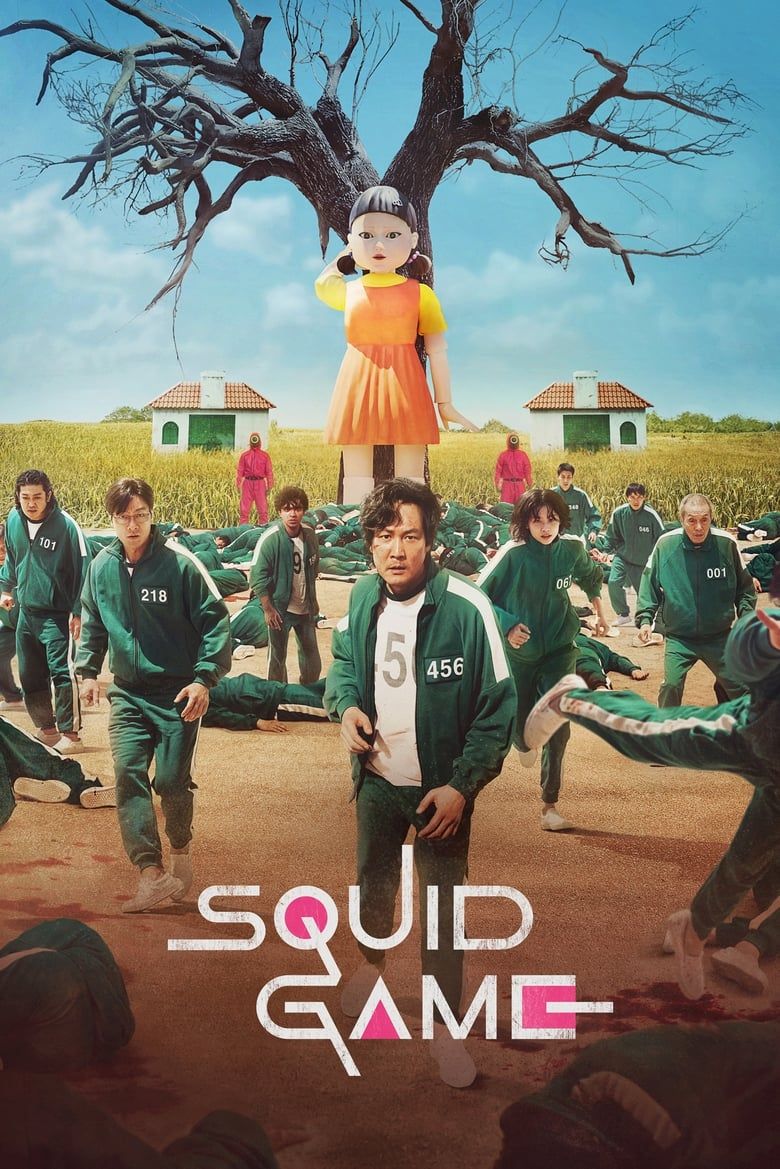
Squid Game
- Release Date
-
2021 – 2024
- Network
-
Netflix
- Showrunner
-
Hwang Dong-hyuk
-

Lee Jung-jae
Seong Gi-hun / ‘No. 456’
-


